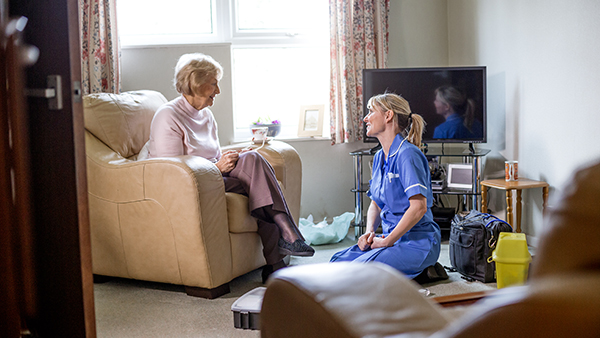A conversation with two Number Ten advisors has added a new dimension to my case for socialised public services.
By 'socialised' I mean public services which seek to maximise what they add to, and draw from, wider society. Such an approach tends, amongst other things, to emphasise prevention, capacity-building, localism, community engagement and co-design.
The new dimension concerns the enthusiasm in Number Ten for social interaction. Put simply, it appears that the number and range of social interactions we have contribute to resilience, wellbeing and opportunity. Now, Government policy boffins are exploring how to reform institutions in order that they foster greater social interaction.
This was a point I made at the final RSA conference fringe, which took place with the Conservatives in Manchester today. We had a great panel - Secretary of State for Health Andrew Lansley, Jennifer Dixon from Nuffield, Ben Page from Ipsos Mori, Jesse Norman MP and Sir Stephen Bubb representing our sponsors, The Social Investment Business (sadly the delegate numbers were not so great, but I suspect this reflects the fact that ordinary Tory delegates are more interested in current Party controversies like leaving the EU rather than public services).
I suggested to Andrew and the rest of the panel that maximising social interaction was a great goal to set for public services and one right in line with the Big Society. But I also admitted to pessimism about whether such a view would permeate a Whitehall machine still stuck on (indeed in many ways accelerating) a transaction based model of public service reform. The sad truth is that, overall, the most interesting parts of the Big Society project are bouncing off the senior civil service like a tennis ball off a brick wall. Indeed, Ben whispered to me that he has some research showing that of all public sector managers it is Whitehall civil servants who are most sceptical about David Cameron's big idea (yet more evidence that the Treasury is currently much more influential than Number Ten on domestic Government policy).
There are lots of reasons for the lack of buy-in to a model of socialised public services, but there is one that the champions of this approach need to take to heart. While there are many great examples of more community-centric ways of working (Southwark Circles of Care, the expert patient programme and the RSA Whole Person Recovery project being just three examples), they tend to be small scale and often very dependent on a particular combination of local circumstances and leadership. The question is 'how might such approaches be scaled up so that they come to represent genuine system reform?' One thing is for sure; the Coalition's approach to procurement and it's somewhat heedless rush in to payment by results won't (even if they were intended to) achieve such a shift. But what, my dear readers, will?
PS Another reason I am thinking about social interaction right now is a fascinating draft RSA report I read this morning charting how just one large retail store has been able to generate oodles of community engagement and social interaction. I will post again when the report is published.
Related articles
-
How Covid is exposing populism
Anthony Painter
The way populists govern cannot deal with a problem like Covid.
-
Healthcare’s social revolution
Mark Swift Simon Constable
Community-centred approaches can improve health outcomes.
-




Be the first to write a comment
Comments
Please login to post a comment or reply
Don't have an account? Click here to register.